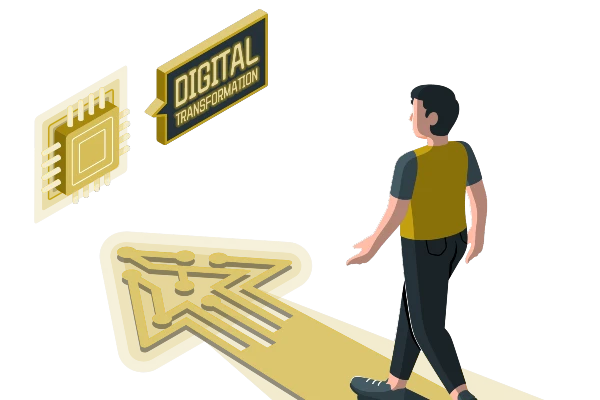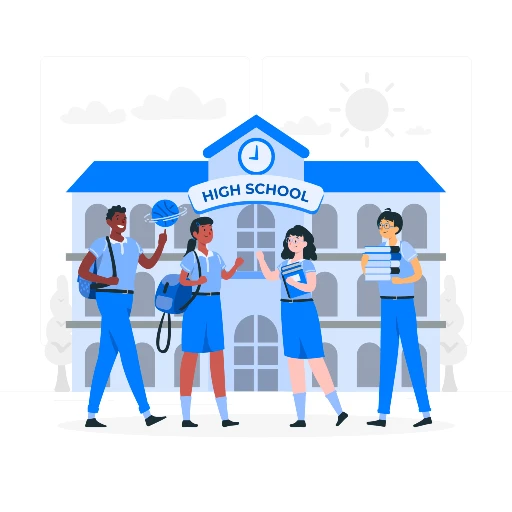ARTICLES
Empowering Learning for the Digital Age
In the fast-paced digital age, technology has become an integral part of our lives, transforming various sectors, including education. This article explores the potential of leveraging technology in education and how it can empower learning, preparing students for the challenges and opportunities of the 21st century.
- Enhanced Access to Knowledge:
Technology opens up a world of knowledge and resources to students, regardless of their geographical location. Online platforms, digital libraries, and educational websites provide access to a vast array of information, empowering students to explore and expand their learning beyond traditional boundaries. - Personalized and Adaptive Learning: Technology enables personalized and adaptive learning experiences, catering to individual student needs and learning styles. Intelligent learning systems, educational apps, and adaptive software can assess students’ strengths and weaknesses, providing tailored content and targeted interventions to enhance their learning outcomes.
- Interactive and Engaging Learning Experiences: Interactive multimedia tools, simulations, virtual reality (VR), and augmented reality (AR) offer immersive and engaging learning experiences. These technologies bring abstract concepts to life, enabling students to visualize and understand complex ideas, fostering curiosity and active participation in the learning process.
- Collaboration and Global Connections: Technology facilitates collaboration and global connections, enabling students to collaborate with peers, educators, and experts worldwide. Online platforms, video conferencing, and social media allow for meaningful exchanges, diverse perspectives, and cross-cultural learning experiences, preparing students for a globally interconnected world.
- Enhanced Teacher Support and Professional Development: Technology empowers educators by providing them with tools and resources to enhance their teaching practices. Learning management systems (LMS), educational software, and online professional development courses support teachers in creating engaging lessons, assessing student progress, and staying updated with the latest pedagogical approaches.
- Data-Driven Decision Making: Technology enables data collection and analysis, providing valuable insights into student performance, learning patterns, and areas that require additional support. Learning analytics and data-driven decision-making help educators identify gaps, personalize instruction, and implement targeted interventions to optimize student outcomes.
- Promoting Digital Literacy and 21st Century Skills: Leveraging technology in education fosters digital literacy skills, ensuring students are proficient in using technology responsibly and critically evaluating information. Additionally, technology integration facilitates the development of essential 21st-century skills such as communication, collaboration, critical thinking, creativity, and digital citizenship.
- Overcoming Barriers and Promoting Inclusivity: Technology has the potential to overcome barriers to education, including physical disabilities, socioeconomic limitations, and geographical constraints. Online learning platforms, assistive technologies, and remote learning options enable equal access to education, promoting inclusivity and ensuring that no student is left behind.
Conclusion:
As technology continues to evolve, its potential for transforming education grows. Leveraging technology in education empowers students, enhances teaching practices, and prepares learners for the demands of the digital age. However, it is crucial to ensure equitable access, address digital literacy gaps, and strike a balance between technology use and human interaction to maximize the benefits of technology in education. By embracing technology as a powerful educational tool, we can create a dynamic and inclusive learning environment that empowers students to thrive in the digital era.



